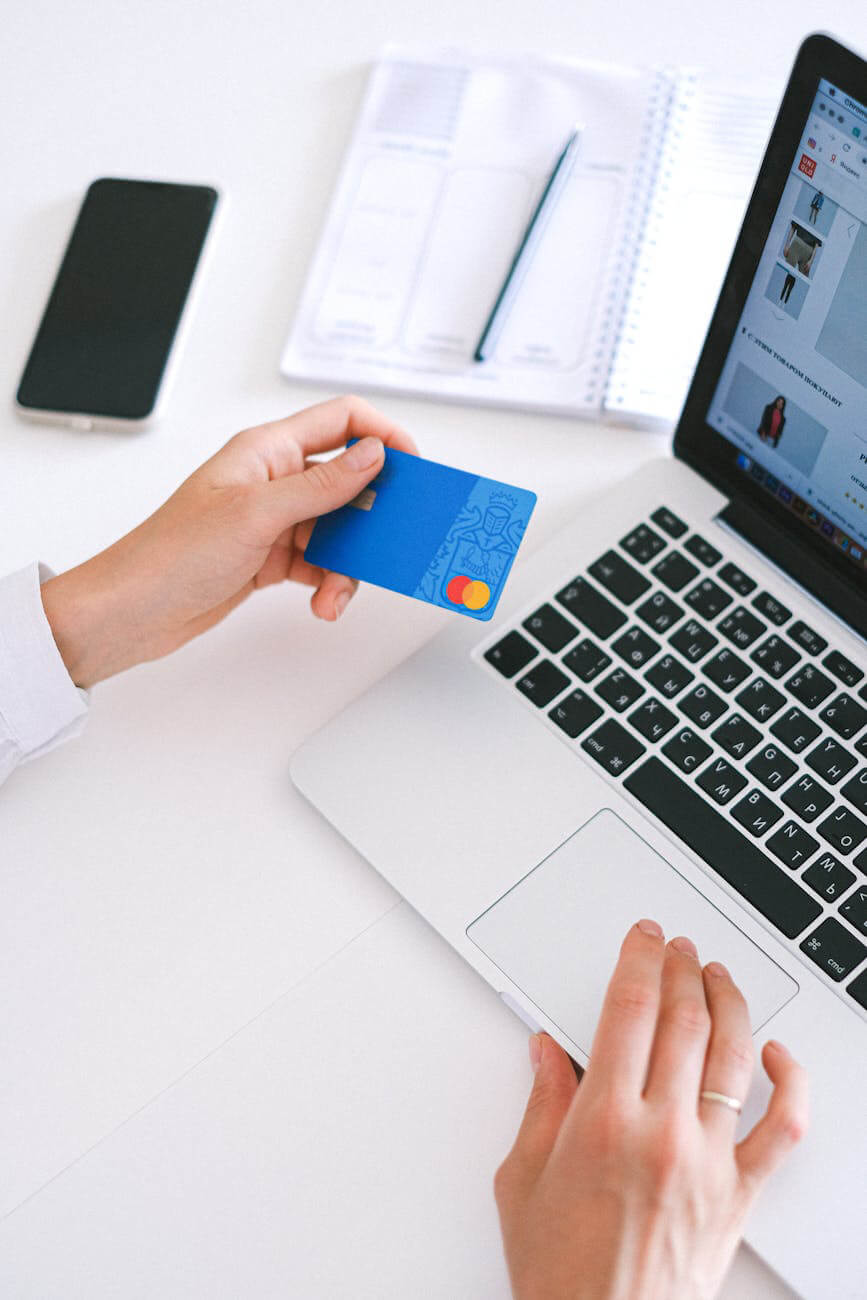Security questions raised by CIA leak
More evidence that privacy is a thing of the past has emerged this week after WikiLeaks published documents which allege that US intelligence organisation, the CIA, has access to extensive hacking tools, according to BBC News.
Products from companies including Apple, Samsung, Microsoft and Google are all implicated as being vulnerable to exploitation as a result, meaning consumers may be exposed by everything from smartphones to web-ready TV sets.
The main aim of the hacking techniques that are reportedly available to CIA operatives is to allow them to access the audio and video feeds provided by built-in cameras and microphones found on gadgets of all shapes and sizes. But compromises of any kind imply that vulnerabilities are more widespread and could impact other areas.
The news that most modern mobiles, including the iPhone, could be remotely accessed and exploited by third parties is problematic because of how widely this type of device is used. From social media and messaging to safe shopping online and beyond, almost three quarters of Brits own a smartphone.
In a statement issued by Apple following the leak, the iPhone maker argued that all of the vulnerabilities identified in the documents had been patched in software updates it had rolled out in the past.
It recommended that users should always install the latest version of their software to avoid being susceptible to security flaws. And for anyone who wants to use their mobile to carry out shopping online this is certainly excellent advice.
Other major organisations implicated in the leak have said that they are running investigations into the claims to see if there are as yet un-patched security issues that need to be addressed. It's thought further revelations may be on the way as WikiLeaks has said that it still has many more CIA documents to publish.
